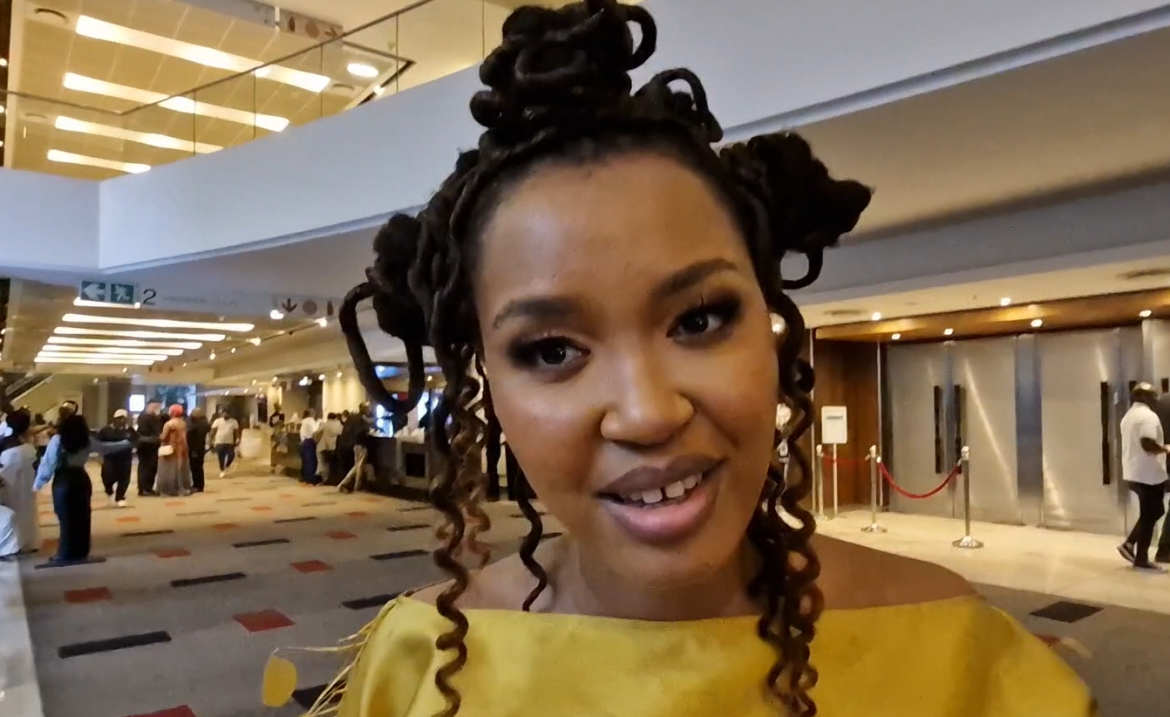Katleho Sekhotho

The curtain may have fallen on the Standard Bank Joy of Jazz 2025, but the conversations sparked on and around its stages are still resonating.
The Johannesburg festival has long been a platform celebrating the power of local music — equal in splendour to international acts — a balance the festival consistently gets right.
South African singer-songwriter Berita reflected on the impact of platforms like Joy of Jazz in showcasing African music.
“I think we’re in a special time, we’re in a time where African music is finally being recognized. We have our legends who paved the way for us, like ma’am Letta Mbulu who was actually at my show!” The Thandolwethu singer, however, emphasised the importance of resources: “What we need the most as artists, as female artists, is that support — financial support — if there are companies and institutions willing to put money into the music, into the arts.”
For Gabi Motuba, who performed with her ensemble The Sabbath, the challenge is clear: resources. “I have a big band! So it’s a big investment for me to move around nine or ten people, so that support, that financial support, is always something I’m negotiating with.”
Lesotho-born vocalist Leomile, who has carved a distinct space in Southern Africa’s music scene, also shared her reflections.
“I’m about to leave and go to school again and do my MA in music business and global entertainment. So, for this to be my last show before I jet off feels like a perfect way to just end a season. This is such a prestigious stage and amongst my favourite artists and world-class acts – I’m happy.”
The Standard Bank Joy of Jazz has long been a cornerstone of the South African cultural calendar, pairing international stars with local innovators. This year was no different, with performances spanning three days and drawing audiences back into live music after years of pandemic disruptions.
Kaya News also spoke to MNS Attorneys, who are often part of the festival, advising artists on the importance of business and legal responsibility in the arts. Director Thobani Mnyandu explained: “It would be oblivious of us not to mention that, to a certain extent, it would seem as though entertainment law requires more attention… it all boils down to communication and contracting in respect of documents, such that the rights of a person are respected and upheld.”
For audiences, the festival offered unforgettable performances. For artists, it opened a necessary conversation about business, law, and the resources needed to sustain their craft.
READ NEXT: Selaelo Selota in R90 000 clash over Ringo Madlingozi booking
The post The pulse of jazz and the truths of its musicians appeared first on KAYA 959.
